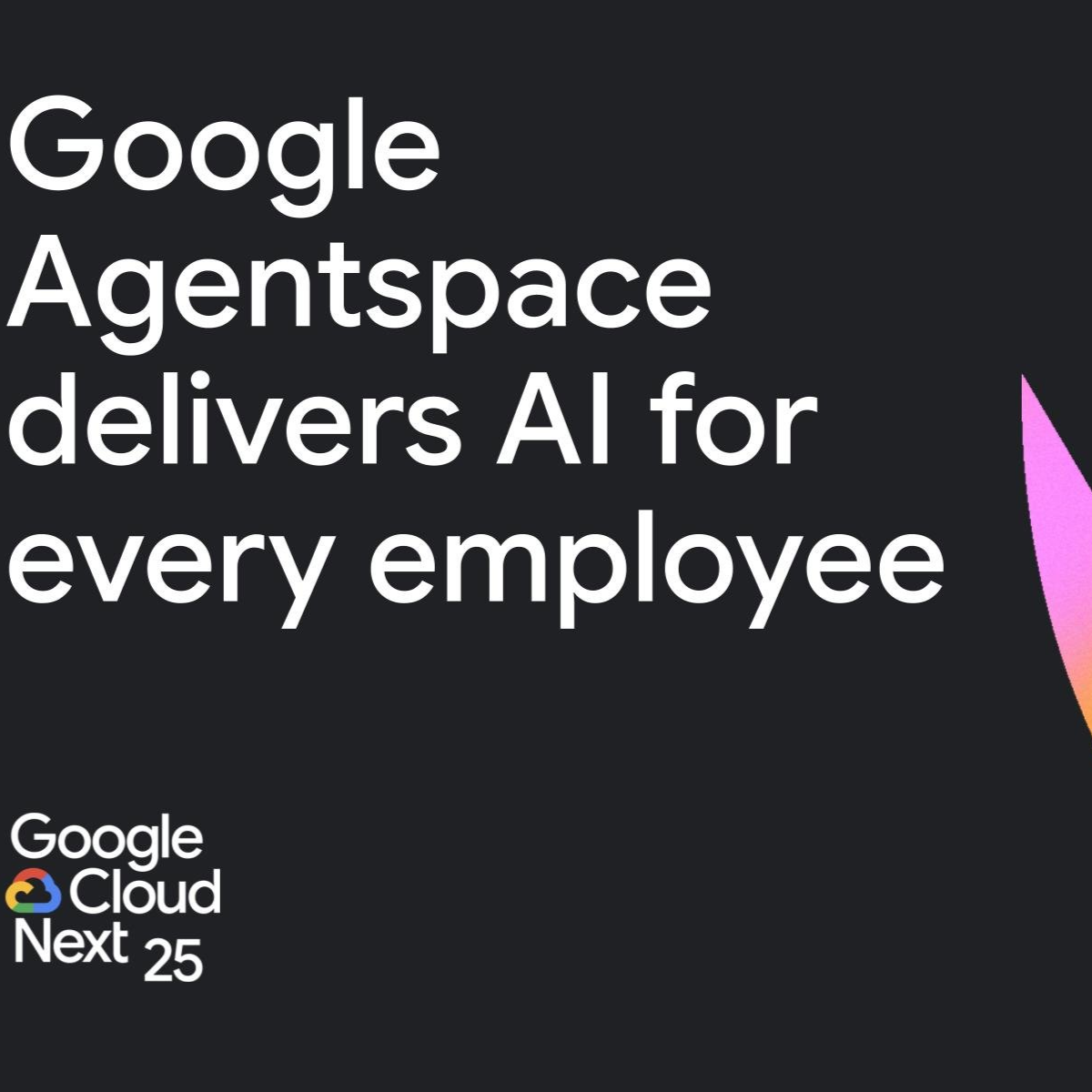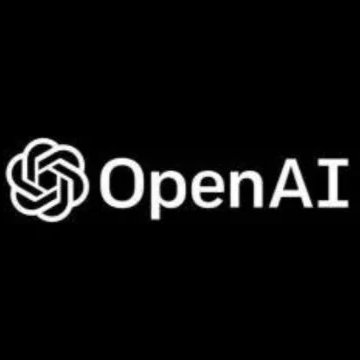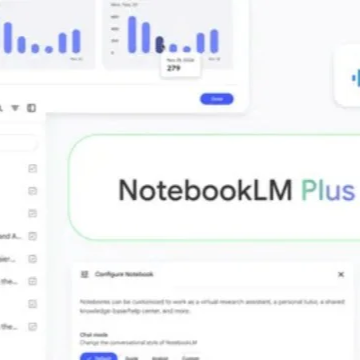AI's Impact on Compliance and Reporting
The integration of Artificial Intelligence into the accounting profession is revolutionizing how CAs manage compliance and reporting tasks. As regulatory requirements evolve, accountants face increasing pressure to stay updated and deliver accurate outputs within tight deadlines. AI steps in as a game-changer, enabling accountants to:
- Automate routine processes like tax filings and financial reporting.
- Enhance accuracy and reduce human errors.
- Adapt to regulatory changes with predictive analytics.
- Focus on strategic decision-making and value-added services.
Key Applications of AI in Accounting
1. Automating Tax Compliance
One of the most significant impacts of AI is seen in tax compliance automation. AI systems streamline tax filings by calculating liabilities, tracking changes in tax laws, and generating returns with minimal human intervention. These tools provide real-time updates, ensuring compliance with dynamic tax regulations while reducing manual errors.
For instance:
- AI automates the preparation of GST-compliant reports.
- Automated tools provide seamless integration with e-filing systems, making tax submissions faster and more efficient.
2. Predictive Analytics for Regulatory Trends
AI's predictive capabilities empower accountants to forecast regulatory changes by analyzing historical data and trends. This proactive approach helps businesses anticipate tax law modifications, ensuring readiness for compliance adjustments. Dashboards powered by AI analytics visualize these insights, enabling accountants to mitigate risks and capitalize on upcoming opportunities.
3. Automating Document Processing and Filing
AI-powered Optical Character Recognition (OCR) tools have redefined document handling. These systems extract data from invoices, receipts, and other financial documents, automating data entry processes. With AI, document validation and ledger updates occur instantaneously, expediting compliance workflows and ensuring accuracy.
AI in Financial Reporting
1. Streamlining Financial Statement Preparation
AI simplifies financial statement generation by automating the preparation of balance sheets, profit and loss accounts, and cash flow reports. These tools categorize transactions, analyze financial data, and deliver comprehensive real-time reports, saving accountants hours of manual effort.
2. Risk Management and Fraud Detection
Risk management has seen a paradigm shift with AI-powered auditing tools. By analyzing thousands of transactions in seconds, AI detects anomalies, identifies patterns of potential fraud, and enhances the robustness of financial audits. These tools are crucial for maintaining compliance and ensuring ethical business practices.
Challenges and Ethical Considerations
Despite its numerous advantages, AI adoption comes with its set of challenges:
- Data Privacy Concerns: AI systems must adhere to data protection regulations like GDPR, ensuring sensitive financial data remains secure.
- Bias in AI Models: Unbiased, clean data is essential for accurate AI outputs. Accountants must ensure datasets are comprehensive and representative.
- Implementation Costs: Small firms may find the initial investment in AI tools prohibitive. However, the long-term benefits, such as improved accuracy and efficiency, often outweigh the costs.
The Future of AI in Accounting
AI's integration into the accounting profession is only set to deepen. As AI technologies advance, they will provide more sophisticated solutions for regulatory compliance, predictive analytics, and financial reporting. CAs must embrace AI to remain competitive, improve client services, and adapt to an increasingly data-driven environment.
Conclusion
AI is revolutionizing compliance and regulatory reporting for Chartered Accountants, automating tasks, improving accuracy, and enabling a focus on strategic activities. While challenges such as data privacy and cost exist, the benefits of AI—enhanced efficiency, reduced errors, and streamlined compliance—underscore its transformative potential. As AI tools continue to evolve, they promise to redefine the accounting landscape, empowering professionals to deliver greater value in an era of rapid technological advancement.
Source: caclubindia / Chat GPT







